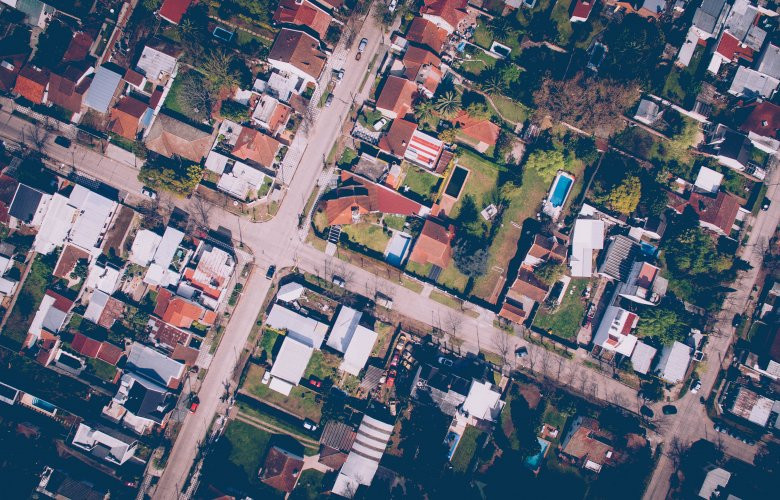Australian property among least affordable in world
Contact
Australian property among least affordable in world
Global economic uncertainty has failed to dent property markets, reveals Knight Frank's Global House Price Index.
Concerns about the global economy had little impact on property-buyer confidence in 2015, according to the latest Knight Frank Global House Price Index. Instead, the low interest rate environment triggered relatively buoyant conditions.
The Global House Price Index, which monitors the capital growth of residential property markets in 55 countries around the world, rose 3% in 2015, up from 2.3% in 2014.
Australasian property prices were the fastest growing, rising 12.4% according to the index, driven largely by Australia and New Zealand. New Zealand property prices rose 14.2% in 2015, while Australian property rose 10.7%, the fourth-fastest growth rate in the world.
Knight Frank's Director, Residential Research, Australia, Michelle Ciesielski, said, "Australasia was the strongest-performing global region in 2015 at 12.4%, buoyed by the strong performance of New Zealand and Australia, both of which saw annual price growth in excess of 10%."
"Australia was ranked number four on the global House Price Index for the fourth quarter of 2015, up from seventh in the previous quarter," said Ciesielski.
Turkey recorded the fastest annual growth in property prices in the world, recording growth of 14.2%. Turkey is increasingly being seen as a safe haven for Middle Eastern investors, bringing the gap between East and West. The country is also experiencing rapid population growth.
China property prices rose 0.4% over the year, with major cities, such as Shenzhen and Shanghai outperforming the national average.
"Housing affordability, or the lack of it, is rising up policymakers' agendas worldwide," said Ciesielski. "According to the latest data from the OECD, which measures house prices against incomes for 24 of its 34 members, Belgium, New Zealand and Canada are currently the world's least affordable markets, while home ownership is most accessible in South Korea and Japan."
Australia is one of the least affordable property markets in the world, at 29% over-valued relative to the long-term average.
Kate Everett-Allen, Partner, International Residential Research, said, "Our global outlook for 2016 is muted. We expect the index's overall rate of growth to be weaker in 2016 than in 2015. The global economy is experiencing a potentially dangerous cocktail of low oil prices, a strong dollar, and a continued slowdown in China."





